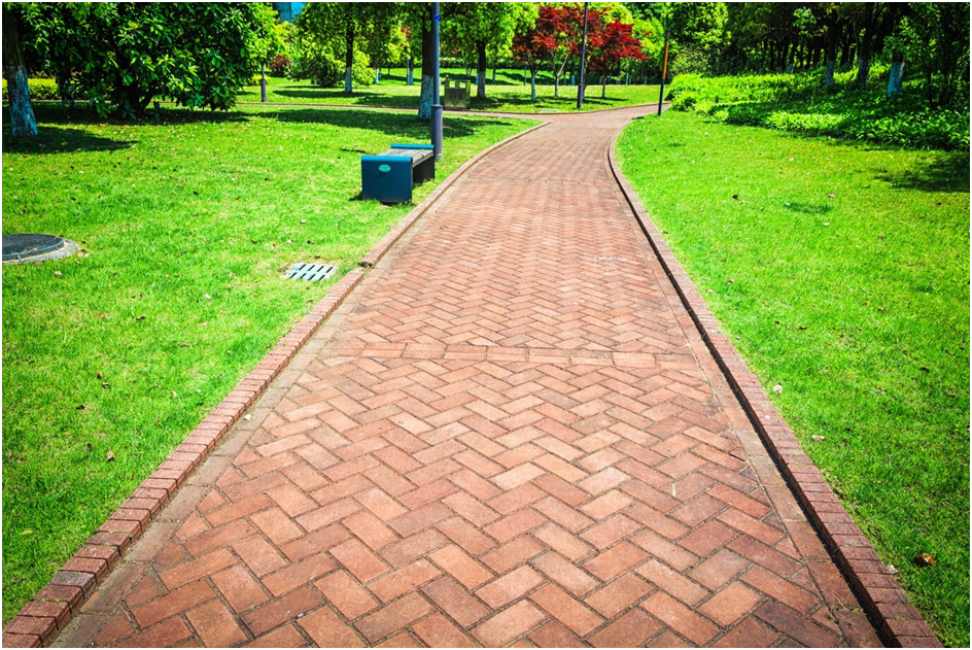The first question is, “How do we confirm that a new driveway paving surface installation is durable?” A driveway is a significant investment. Regarding the type of materials, there are numerous options. Each has pros and cons, so you must evaluate your options sensibly before deciding.
Here, we will discuss which materials increase the durability of driveway paving.
Foamed Bitumen Stabilisation
Foamed bitumen sticks the combined constituents together more efficiently than outdated binders, like asphalt blend or cement. The enhanced bonding results in a more robust, stable pavement structure that can survive heavy vehicle loads and resist deformation.
Foamed bitumen stabilisation permits the combination of recycled materials. It includes reclaimed asphalt pavement (RAP) or recycled concrete aggregate (RCA) added to the pavement mix. This sustainable method recycles materials, reduces environmental impact in driveway construction, and can enhance pavement durability.
Concrete
A concrete driveway surface is among the most excellent, durable choices on the market. It offers a rigid, stable surface that depends on expert installation, high upfront prices, upkeep, and weather circumstances. Although this surface is robust, considerable crackling and potholes are likely due to heavy use and winter freeze-thaw cycles.
Once again, durability is dependent on the circumstances and utilization. A driveway with cracks and potholes could be more appealing and hazardous, reducing the worth of your investment long-term. For concrete surfaces, consider hiring a professional installer.
The best method for guaranteeing its durability is to install it correctly. Concrete plows snow easily, but cracks and potholes require heavy lifting and tools to repair.
Gravel Driveways
The primary marketing point of gravel as a driveway material is its price. Installing one will typically cost between $1 and $2 per square foot, which is a small portion of the cost of a brick, pavers, or concrete driveway.
That makes gravel a beautiful choice for homeowners with long driveways, which is why gravel driveways are primarily abundant in rural areas. The gravel should be maintained frequently and changed every few years.
Asphalt
Asphalt is a shared driveway material made from a combination of aggregates. Bitumen, a dark, viscous substance from crude oil, is used as a sand, gravel, or crushed stone binder.
Asphalt is durable, stretchy, and impervious to weather and heavy traffic. Altering it with polymer extracts and fibers increases its flexibility and strength. Asphalt isn’t as greasy as other paving materials, making it optimal for downward or upward-sloping driveways.
Asphalt driveways are a cost-effective and time-efficient alternative to other paving options like concrete or interlocking stone. Size, slope, and other features will affect the general price.
Pavers Stones
Another extremely durable driveway choice is the utilization of paver stones. Although this choice has high upfront and upkeep charges, it does provide durability and great visual aids. The worth of your investment is highly dependent on its care and expert installation.
Snow-prone areas may find this surface unsafe due to its slippery nature and difficulty plowing. Effective stormwater drainage systems and waterproofing are crucial for preventing rainfall from penetrating your building structure.
This is a gorgeous choice due to its visual appeal and firm surface. However, it is also less attractive to get a larger driveway projects, hence it may increase your budget. Therefore, experts suggest a combination with other durable driveway surface choices when scheduling the design and installation.
Must Read :
- How To Uninstall Avast Secure Browser
- Manga vs Anime – What’s The Difference?
- Unlocking The Door: Navigating The Registration Process On 99exch

